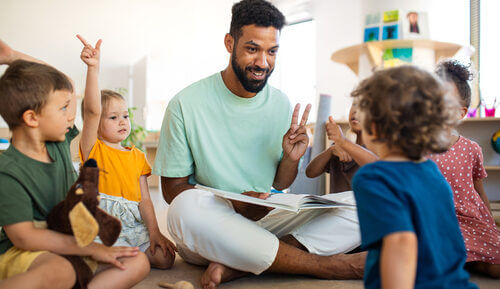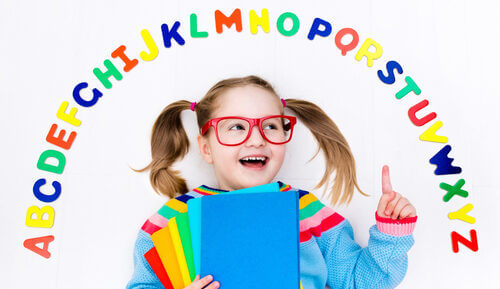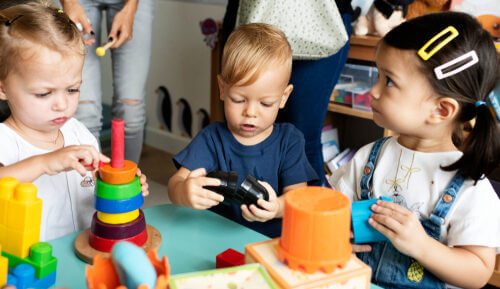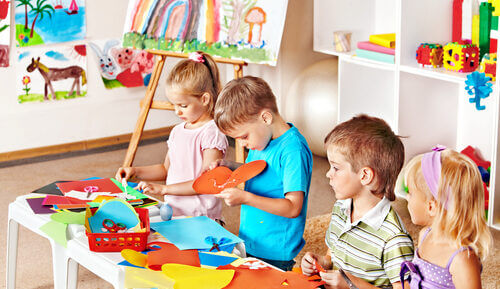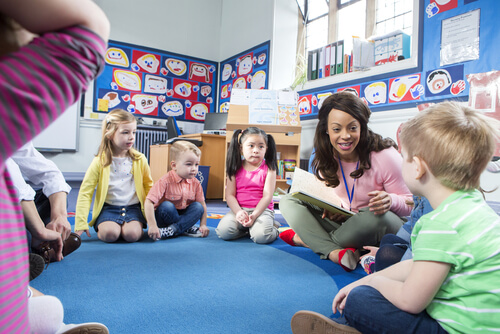
Table of contents
Table of contents
Wales’ Foundation Phase Framework is statutory education guidance for children in Wales aged 3 -7. It was introduced by the Welsh Government in 2010 in nurseries and primary schools. The framework is inclusive, so children of all abilities can follow this framework, including those with special needs or with no prior Welsh language.
In September 2022, the new Curriculum for Wales was introduced for schools and early years settings. Wales’ Foundation Phase Framework in early years is now part of one curriculum for children aged from 3-16 offering more joined-up learning.
As with the English EYFS and Scottish Curriculum for Excellence, learning at nursery is mostly based on play, with games and activities planned to give children experiences and learning opportunities in which they can gain practical skills.
What will my child be learning?
The statutory guidance of Wales’ Foundation Phase describes 7 areas of learning that every childcare setting in Wales should be aiming for. Welsh-medium settings, i.e. nurseries that speak largely in Welsh, only need to plan for 6 areas as they already cover Welsh language development.
Personal and social development, wellbeing and cultural diversity
Children will take part in activities that enable them to:
- Explore their own skills and interests
- Learn how their abilities can complement others’ abilities when working as a team
- Develop language and awareness that can enable them to express their own emotions and recognise what emotions others are experiencing
- Become more independent with looking after themselves and understand how to be healthy and what is dangerous
- Learn how to share and to say sorry
- Respect other people
- Analyse right from wrong in different situations
Language, literacy and communication skills
For most nurseries, this section concerns spoken and written English. In Welsh-medium nurseries, the focus will be on Welsh.
3-4 year olds will:
- Improve their vocabulary and grammar
- Speak in basic but full sentences
- Listen to stories and ask questions about what they’ve heard
- Follow instructions
- Learn about rhyming
- Recognise the difference between text and pictures
- Write individual letters, numbers and their own name
Mathematical development
Children can develop early mathematical skills through a wide variety of games and activities, from singing to crafts to outdoor team games. These can help them to meet their development goals:
- Count to 10 forwards and backwards
- Count up to 5 physical objects
- Use terms ‘first’, ‘second’, ‘third’ and ‘last’ confidently
- Understand how adding or taking away objects affects the total number
- Order objects by size
- Identify shapes
- Recite the days of the week
Welsh language development
All children will be able to:
- Speak and understand some Welsh words and phrases
- Sing some Welsh songs and be able to tell you what they mean
They may be able to:
- Differentiate between a Welsh book and an English book by sight
- Write a few short words in Welsh, like ‘ci’ and ‘cath’
Welsh language will be at a much more advanced level in Welsh-medium nurseries.
Knowledge and understanding of the world
Children develop these skills through exploring their environment, going on day trips to places like farms, looking at picture books and role-play and dress-up activities. If the nursery is a Forest School, children will spend a lot of time outdoors learning about nature. Nurseries like Montessori and Steiner schools favour toys and equipment made from natural materials which can also further children’s learning.
These activities aim to increase children’s awareness and understanding of:
- Weather and seasons and what clothes to wear in different weathers
- Types of transport
- The natural world, including hills, mountains, rivers, seas, deserts, jungles etc.
- People’s jobs and the role they play, such as teacher, builder, baker etc.
- Plants and animals
- Countries
- Past, present and future
Physical development
Through physical activities like running, jumping, dancing, climbing, playing with wheeled toys and ball games, children will develop their strength, independence and skills in:
- Coordination
- Balance
- Controlling the strength appropriately
- Controlling their speed
- Sensory awareness
- Spatial awareness
- Travelling with objects that could break or spill
- Lifting and carrying safely
- Landing safely
Creative development
Children will use art, music and dance/creative movement to:
- Use their imagination
- Express ideas
- Express emotions
- Learn about colour, shapes and mark making
- Learn about Welsh culture, such as Welsh songs or traditional dances
